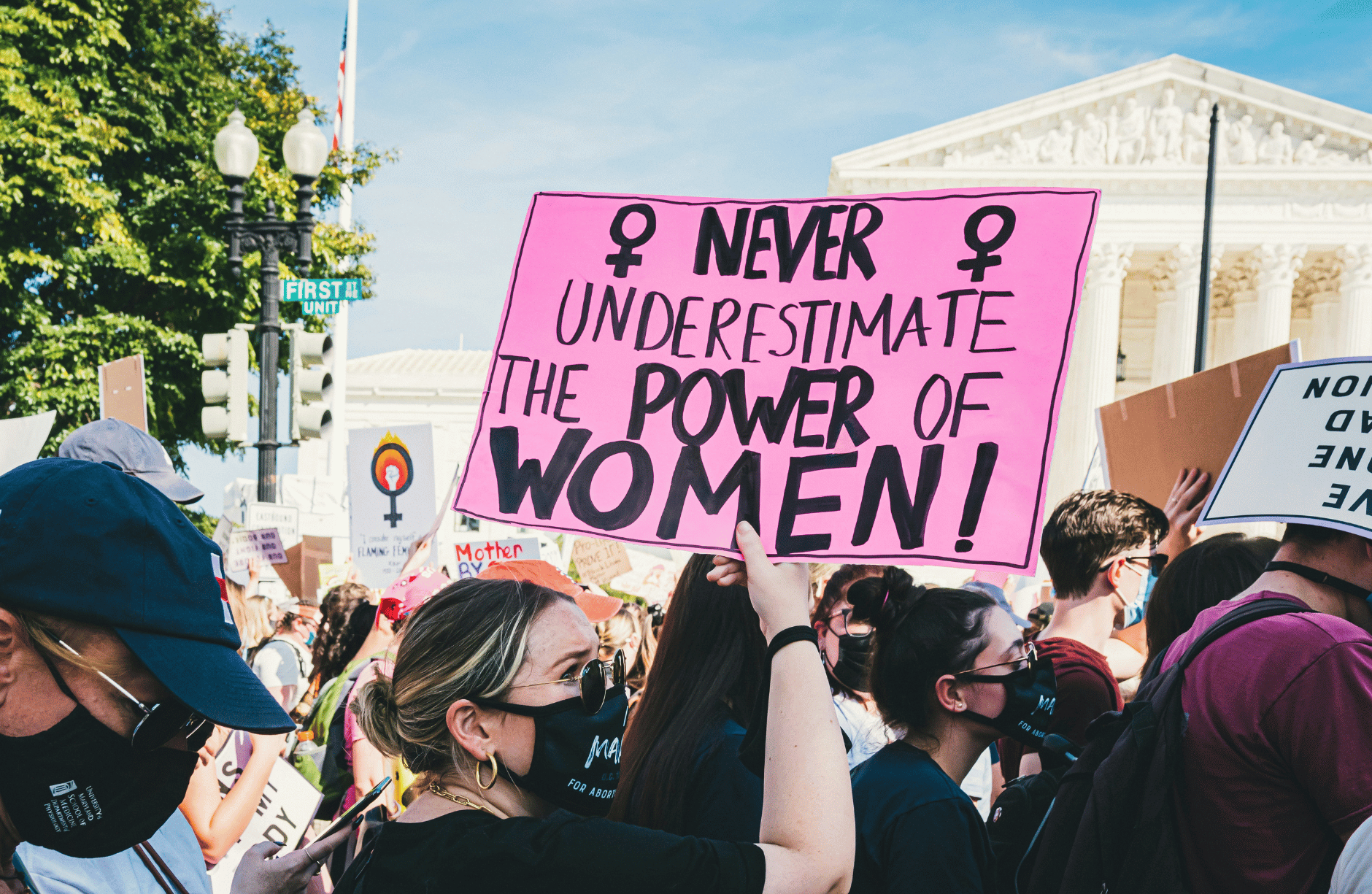More Of The World Supports Women’s Rights Than You Think

- A working paper from the NHH Norwegian School of Economics and others finds over 90 percent of people support women’s rights in 41 countries
- Men’s support for women’s rights is often underestimated
- Support for affirmative action policies tends to be underestimated in less gender-equal countries
The global march toward women’s equality faces fresh roadblocks.
In Gambia, pressure mounts to overturn a 2015 ban on female genital mutilation. In Iran, jailed Nobel Peace Prize winner Narges Mohammadi faces a new trial for accusing security forces of sexually assaulting women. In Saudi Arabia, 29-year-old women’s rights activist Manahel al-Otaibi has received an 11-year prison sentence for alleged “terrorism offences”.
Underpinning the various court rulings, pressure groups and incarcerations is a set of gender “norms” that rigidly control women’s capabilities in society. Changing these societally agreed-upon values has been the focus of activists for decades.
This is because ideas are the seeds of actions. Whenever there is a profound shake-up of the way society operates, it is almost always accompanied by the development of new ideas.
Look to many of the great upheavals of modernity and their relationships with philosophy. Britain’s Industrial Revolution was bound up with Enlightenment thinking, the Communist revolutions of the 20th century drew inspiration from the writings of Karl Marx, and the battle for women’s suffrage developed into a range of ideologies that fall under the umbrella of Feminism.
As such, the World Bank Group Gender Strategy 2024-2030 identifies understanding and addressing societal norms as a critical step in ensuring more equitable gender outcomes for Bank projects.
However, a 2023 World Bank blog points out that little is known about how to work with norms in a policy context. This is unsurprising. Like any idea shared among a large group of people, norms can be woolly and difficult to express in concrete definitions. Naturally, drawing up policies to challenge such nebulous foes is a complex task that will need to be based on thorough research.
Fortunately, there are scenarios in which changing the majority opinion is not necessary because most people agree that women should have basic rights like the ability to work outside the home. Instead, the challenge is convincing people that their view actually reflects the majority opinion.
The great underestimation
A working paper co-authored by researchers from the FAIR centre at NHH Norwegian School of Economics finds that a far greater number of people around the world support women’s rights than many believe.
Professor Alexander W. Cappelen, Deputy Director at the FAIR centre, and Professor Bertil Tungodden, Scientific Director at the same, analysed over 66,000 responses to the Gallup World Poll 2020, which surveyed adults in 60 countries representing 85 percent of the world’s population.
“There is a universal underestimation of the support for basic rights for women, particularly regarding men’s support. To illustrate, more than 80 percent of males support women’s basic right to work outside the home in Tanzania and Turkey, but it’s still believed to be a minority view among men.”
Alexander W. Cappelen, Deputy Director of the FAIR centre at NHH
Respondents were asked a variety of questions, including whether they personally support either women’s freedom to work outside the home or affirmative action for women in hiring practices. Then, they were asked to estimate how many men and women in their country supported each of these issues.
In 41 countries, the study finds over 90 percent of the population supports basic rights for women. In 37 countries, the majority of people support affirmative action policies for hiring women in leadership positions.
Yet, individuals often have inaccurate perceptions of their fellow citizens’ opinions on issues of gender equality.
“There is a universal underestimation of the support for basic rights for women, particularly regarding men’s support. To illustrate, more than 80 percent of males support women’s basic right to work outside the home in Tanzania and Turkey, but it’s still believed to be a minority view among men,” says Cappelen.
Affirmative action
However, a split occurs when it comes to views on affirmative action. The researchers find support is often underestimated in less gender-equal countries located in the Global South and overestimated in more gender-equal countries in the Global North.
“This misunderstanding is partly driven by people underestimating men’s support for such policies in less equal countries and overestimating women’s support in countries that are more equal,” says Tungodden.
For example, in Zimbabwe, 72 percent of men support affirmative action, but this number is believed wrongly to be closer to 37 percent. Compare this with the Netherlands, where only 35 percent of women actually support these policies, while the number is misperceived to be around 62 percent.
“It is women in particular who are seen as supportive of affirmative action in countries like the US. In fact, women do support it more than men, but they don’t support it more than men by 20 percentage points,” says another co-author of the study, Professor Alessandra Voena from Stanford University.
“This misunderstanding is partly driven by people underestimating men’s support for such policies in less equal countries and overestimating women’s support in countries that are more equal.”
Bertil Tungodden, Scientific Director of the FAIR centre at NHH
She summarises, “Everywhere, the view of the minority seems to be exaggerated. The smaller the minority, the greater the exaggeration. But you need one more ingredient to explain the thinking: the notion of stereotyping, that is, the idea of the exaggeration of differences between men’s and women’s views.”
Studies such as this one have the potential to be used in information campaigns to correct misunderstandings that arise over the level of support for women’s basic rights. The researchers note this may be a quicker process than changing actual norms that are entrenched in societies.
In the face of new roadblocks, it is an encouraging thought. Men’s and women’s views are less different than many believe.
Interested in this topic? You might also like this…
